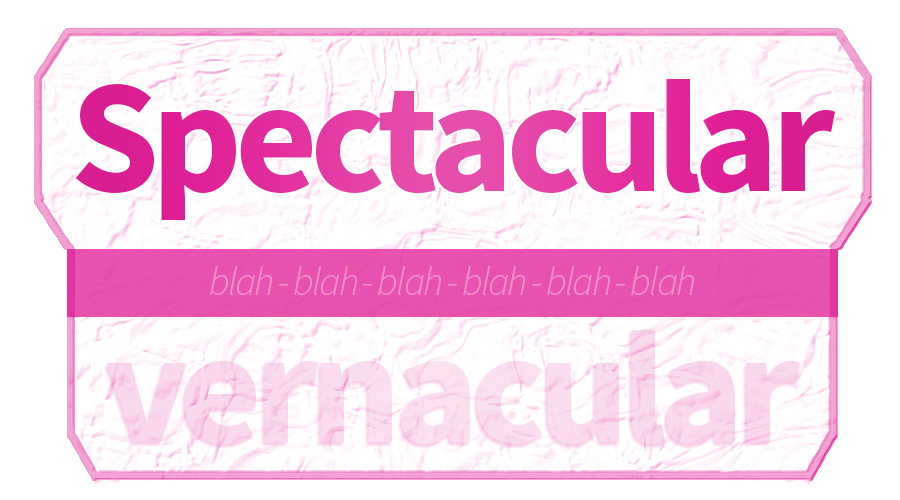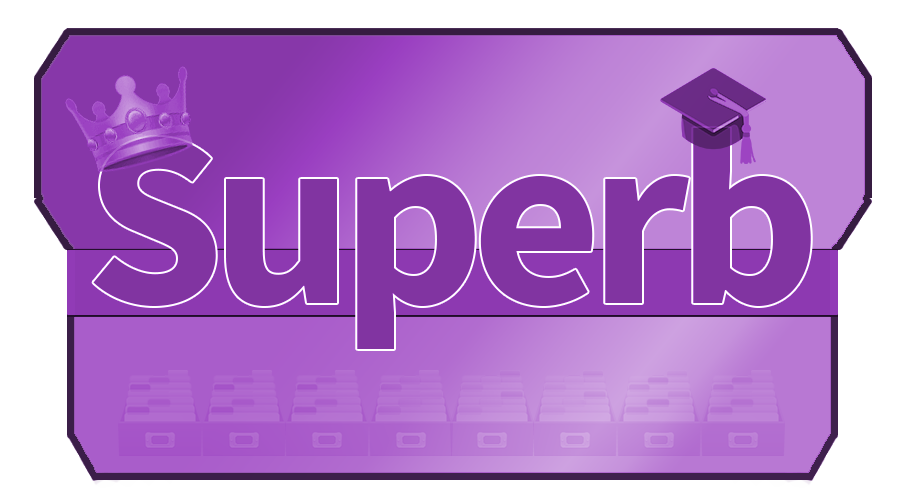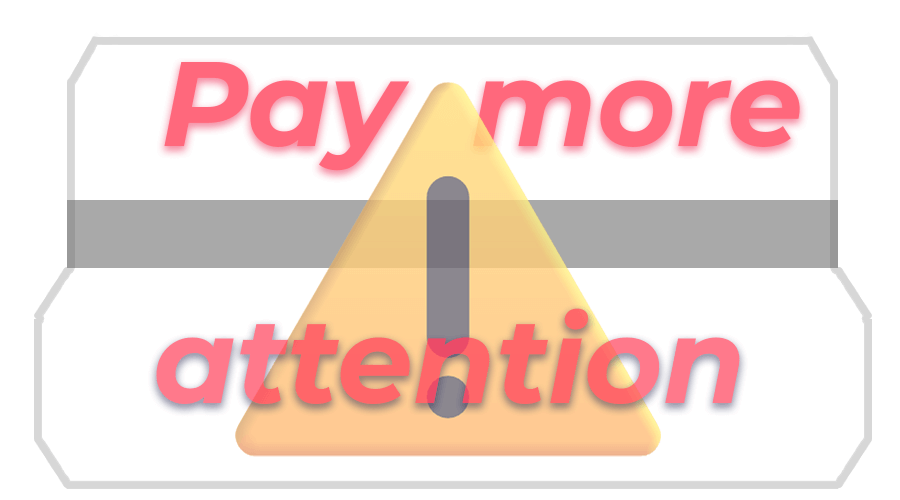
Não se trata apenas da linguagem, é sobre comunicação.
It’s not only abut the language, it’s about communication.
🇺🇸 ENGLISH
At Academia BSB, we emphasize pronunciation precision as a key component of your party to fluency. Proper pronunciation not only helps you be understood but also boosts your confidence when speaking a foreign language. By focusing on the sounds, intonation, and rhythm of the language, we ensure that your spoken English is clear, natural, and effective in communication.
We would like to remind you that there is no such thing as an accent-free English. Your way of speaking – influenced by your personal background or region of origin – is part of your personality and should be part of your speech. Our goal is simply to ensure that the way you speak does not draw more attention than the content you communicate, so it is not a question of being right or wrong, but rather more related to intelligibility and proximity to the standard register of countries that have English as their first language.
In traditional courses, pronunciation is often a skill that is worked on in a boring and compulsory way. This is not our approach. These institutions might focus heavily on grammar and vocabulary, leaving pronunciation as a secondary concern. However, clear pronunciation is essential for effective communication, as it bridges the gap between what you know and how you are perceived by others. By working on pronunciation precision, you improve your ability to be understood in diverse contexts, from casual conversations to professional settings.
Going beyond pronunciation accuracy, but also building confidence and expressing yourself naturally will make a huge difference in your life. Pronunciation issues can often lead to misunderstandings and frustration, but by systematically addressing these challenges, I can help you develop a more authentic and fluent speaking style. Observing your progress as you master tricky sounds and patterns is a rewarding experience that highlights the importance of precision in language learning.
The far-reaching applications of proper pronunciation in your life will help you whether you’re participating in meetings, giving presentations, or simply engaging in everyday conversations, clear pronunciation ensures that your message is received accurately and confidently. In our lessons, we explore various techniques, such as minimal pairs, stress patterns, and intonation practice, to fine-tune your pronunciation. These techniques are integral to mastering different accents, improving listening comprehension, and enhancing your overall communication effectiveness.
.
.
Quick Study
“What to do when I have little time to dedicate to studying”
Look at the orange section of the Class Notes, designated as PRONUNCIATION. Record the words recorded there and send them to the teacher. He or she will listen and point out the parts that need improvement. You should make a new recording based on the teacher’s instructions and send it for further analysis.
Do not mistake the Pronunciation section with the Speaking Section.
.
Smart Study
“When I have at least 15 minutes to study, this is what I should do.”
Step-by-step guide on what to do with words you are unsure about the pronunciation of
- Access an online dictionary – we recommend Oxford – and search for the word;
- Click on it to listen to the British English and American English records;
- Choose the format that suits you best and record it individually;
- Send the recorded audio to your class group.
Your teacher will listen to it and send you correction suggestions privately.
Eventually, our team will create ‘Podcast Help-outs’ like the ones below to give the students further guidance about what and how you should correct your pronunciation:
.
.
.
.
.
https://www.instagram.com/reel/CrCA-8WJIJK
.
https://www.instagram.com/reel/CrCFIRNgJ_y
.
https://www.instagram.com/reel/CrL-A8Jtbkz
.
References:
- CELCE-MURCIA, M.; BRINTON, D. M.; GOODWIN, J. M. Teaching Pronunciation: A Reference for Teachers of English to Speakers of Other Languages. Cambridge: Cambridge University Press, 1996.
- ROACH, P. English Phonetics and Phonology: A Practical Course. Cambridge: Cambridge University Press, 2009.
- GILBERT, J. B. Clear Speech: Pronunciation and Listening Comprehension in North American English. 4th ed. Cambridge: Cambridge University Press, 2012.
- KENWORTHY, J. Teaching English Pronunciation. Harlow: Longman, 1987.
- LANE, L. The Least You Should Know About English: Writing Skills. Boston: Cengage Learning, 2012.
.
.
🇧🇷 PORTUGUÊS
Na Academia BSB, enfatizamos a precisão da pronúncia como um componente essencial para sua fluência. A pronúncia correta não só ajuda você a ser compreendido, mas também aumenta sua confiança ao falar uma língua estrangeira. Ao focar não somente nos sons, mas principalmente na entonação e no ritmo da língua, garantimos que seu inglês falado seja claro, natural e eficaz na comunicação.
Lembramos que não existe inglês sem sotaque. A sua maneira de falar – influenciada pela sua formação pessoal ou pela sua região de origem – é parte da sua personalidade e deve fazer parte do seu discurso. Nosso objetivo é apenas fazer que a forma que você fale não chame mais atenção do que o conteúdo que você comunica, portanto não se trata de estar certo ou errado, mas está mais relacionado à intelegibilidade e proximidade do registro padrão de países que têm o inglês como primeiro idioma.
Nos cursos tradicionais a pronúncia é, frequentemente, uma habilidade trabalhada de maneira massante e compulsória. Este não é a nossa abordagem. Essas instituições podem se concentrar muito na gramática e no vocabulário, deixando a pronúncia como uma preocupação secundária. No entanto, a pronúncia clara é essencial para uma comunicação eficaz, pois preenche a lacuna entre o que você sabe e como você é percebido pelos outros. Ao trabalhar na precisão da pronúncia, você melhora sua capacidade de ser compreendido em diversos contextos, de conversas casuais a ambientes profissionais.
Ir além da precisão da pronúncia, mas também construir confiança e se expressar naturalmente fará uma grande diferença em sua vida. Problemas de pronúncia podem frequentemente levar a mal-entendidos e frustração, mas ao abordar sistematicamente esses desafios, posso ajudá-lo a desenvolver um estilo de fala mais autêntico e fluente. Observar seu progresso conforme você domina sons e padrões complicados é uma experiência gratificante que destaca a importância da precisão no aprendizado de idiomas.
As aplicações de longo alcance da pronúncia adequada em sua vida ajudarão você, seja participando de reuniões, dando apresentações ou simplesmente se envolvendo em conversas cotidianas, a pronúncia clara garante que sua mensagem seja recebida com precisão e confiança. Em nossas aulas, exploramos várias técnicas, como pares mínimos, padrões de ênfase e prática de entonação, para ajustar sua pronúncia. Essas técnicas são essenciais para dominar diferentes sotaques, melhorar a compreensão auditiva e aumentar sua eficácia geral de comunicação.
.
Estudo Rápido
“O que fazer quando tenho pouco tempo para me dedicar ao estudo”
Observe a seção laranja das Class Notes designada como PRONUNCIATION. Grave as palavras ali registradas e envie ao professor. Ele ouvirá e indicará as partes que precisam melhorar. Você deverá fazer uma nova gravação baseada nas orientações do professor e enviá-la para nova análise.
Não confunda a parte de Pronunciation com a seção de Speaking.
.
Estudo Inteligente
“Quando tenho pelo menos 15 minutos para estudar, é isso o que devo fazer.”
Passo-a-passo de o que fazer com as palavras que você está inseguro a respeito da pronúncia
- Acessar um dicionário online – recomendamos o Oxford – e pesquisar pela palavra;
- Clicar nela para ouvir o registro do inglês britânico e do inglês americano;
- Escolher a maneira que mais lhe agrada e gravá-la individualmente;
- Enviar o áudio gravado no grupo da sua turma.
O professor ouvirá e te enviará privadamente as sugestões de correção.
Eventualmente, ele poderá enviar Podcasts Help-outs como estes:
.
.
.
.
.
https://www.instagram.com/reel/CrCA-8WJIJK
.
https://www.instagram.com/reel/CrCFIRNgJ_y
.
https://www.instagram.com/reel/CrL-A8Jtbkz
.
Referências bibliográficas:
- CELCE-MURCIA, M.; BRINTON, D. M.; GOODWIN, J. M. Teaching Pronunciation: A Reference for Teachers of English to Speakers of Other Languages. Cambridge: Cambridge University Press, 1996.
- ROACH, P. English Phonetics and Phonology: A Practical Course. Cambridge: Cambridge University Press, 2009.
- GILBERT, J. B. Clear Speech: Pronunciation and Listening Comprehension in North American English. 4th ed. Cambridge: Cambridge University Press, 2012.
- KENWORTHY, J. Teaching English Pronunciation. Harlow: Longman, 1987.
- LANE, L. The Least You Should Know About English: Writing Skills. Boston: Cengage Learning, 2012.
.
.

















